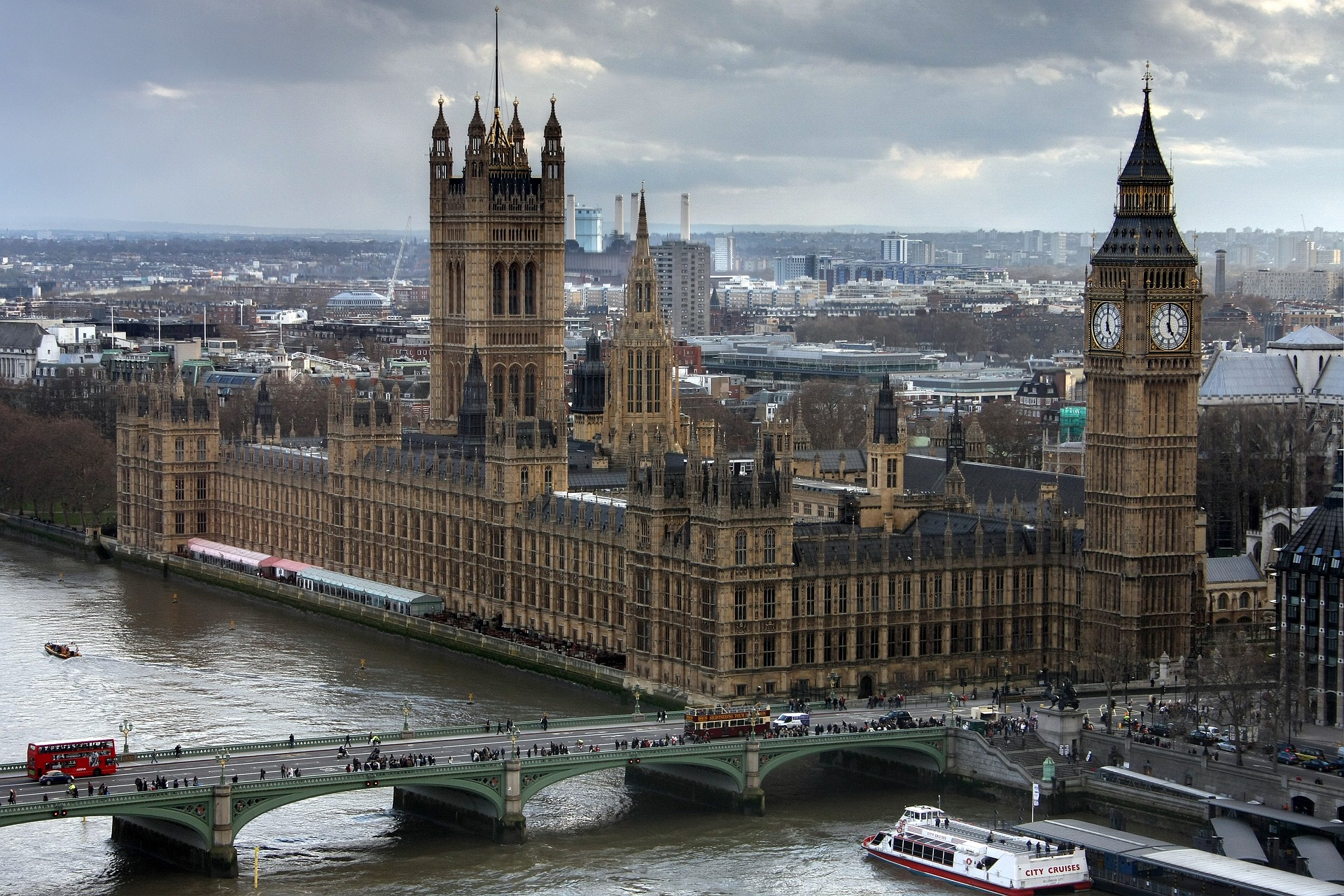Shifting gears from talk to action at this year’s Business & Climate Summit
We Mean Business
This week the second Business & Climate Summit was held in London – one of the key moments in the climate change agenda and the platform for business and investors to show their leadership.
The two-day event was dominated by in-depth, passione discussions around the development of the climate movement after Paris. But across all the different events, there were four key topics, which linked together all conversations.
Climate change and climate action are not bound by political boundaries
In her last speaking engagement as Executive Secretary of the UNFCCC, Christiana Figueres reassured the international audience that a period of policy and political uncertainty in the UK would not affect the momentum behind climate action.
With the low-carbon transition being well underway across both developed and developing countries, issues like Brexit will require a “reassessment” of the strategies agreed at an international level, but the fundamentals will stay unchanged.
The same message was reiterated by the UK Secretary of State for Energy and Climate Change, Amberd Rudd, in an intervention that kicked off the second day of the Business & Climate Summit.
“We made a clear commitment to act on climate change. That will continue,” she said. “Climate change has not been downgraded as a threat to our national economy and security. […] Our effort in Paris was essential to deliver the deal. The UK will not step back from that international leadership. […] Whatever settlement [with the EU] we decide in the next months, these fundamentals will not change.”
Business has a key role to play in closing the emissions gap
The Summit opened with the launch of a new report by the We Mean Business coalition and CDP, which showed the role that businesses can play to meet the emissions-reduction targets set by countries with their national plans and the global “well below 2 degrees” target set with the Paris Agreement.
The report finds that if five climate initiatives met their most ambitious plans for 2030 businesses could cut 3.2-4.2 billion of CO2 which is equivalent of 7-9% of the world’s 2010 emissions.
This means that businesses taking climate action could cut the equivalent of half a tonne of CO2 per each person, every year, until 2030.
We started with the analysis of five initiatives in our campaign, as we had access to the data, but we are aiming to turn this report into an annual publication and to add more initiatives.
We looked at initiatives tackling different aspects of the climate challenge. Campaigns such as EP100 and RE100, for instance, focus on energy – companies commit to double their energy productivity and go 100% renewable.
The science-based target campaign drives companies to set emissions-reduction targets in line with climate science, whereas the zero-deforestation initiative aims to get companies to remove commodity-driven deforestation across their supply chains by 2020.
The Low-Carbon Technology Partnerships initiative (LCTPi) creates a collaborative platform for the private and public sector to work together to deliver action plans across different areas.
The report also found that if all relevant businesses joined the five initiatives, the emissions savings would total 10 billion metric tonnes. This is equivalent to annual emissions from China, and could take the world halfway to getting on a 2 degrees path.
The Paris Agreement is already having a positive impact
The opening day also saw the launch of a new version of a report We Mean Business produced in collaboration with BSR – “The Paris Agreement: what it means for business”.
The Paris Agreement is unprecedented, as it was not only the first universal climate agreement, but also the first international agreement to be signed by every country in the world.
The agreement will define the global economy over the coming decades, but the momentum that led to its approval is already having an impact on national policies and businesses decisions.
China, for instance, has already translated its commitment into its 13th Five-Year plan, and has pledged to ratify the agreement together with the United States before the end of the year. France became the first major economy to ratify the agreement in early June.
The Agreement has created the policy signal needed to unlock business action on climate change. So far, more than 400 companies with total revenue in excess of $8 trillion and over 180 investors with assets under management of $20 trillion have made 970 commitments through We Mean Business. And we expect these numbers to grow significantly in the upcoming months.
Finally, the national climate plans that were submitted by countries in the last year represent a $13.5 trillion opportunity in global clean energy investment alone over the next 15 years. This shows the immense opportunities that the low-carbon economy is creating and that businesses and investors can already tap into.
A shift from committing to action to demonstrating action
With five months left until COP22, government and business leaders are eager to show that the remarkable show of action that dominated the Paris climate negotiations will continue.
This year’s conference takes place in Morocco, giving policymakers the chance to reach a new audience and show developing countries that both governments and non-state actors are serious about implementing the promises made in Paris.
Climate champion Laurence Tubiana delivered the closing remarks on Wednesday, putting a strong emphasis on what to expect from this year’s conference. “We expect businesses to come forward with climate targets and action plans for 2018-2020”, she stressed, showing a strong sense of optimism for the positive and climate-focused behaviour that the business community has kept after Paris.
And as the President of COP21, Ségolène Royal, expressed a keen interest in having the agreement ratified before COP22, we can expect the momentum behind business action on climate change to continue to ramp up.

